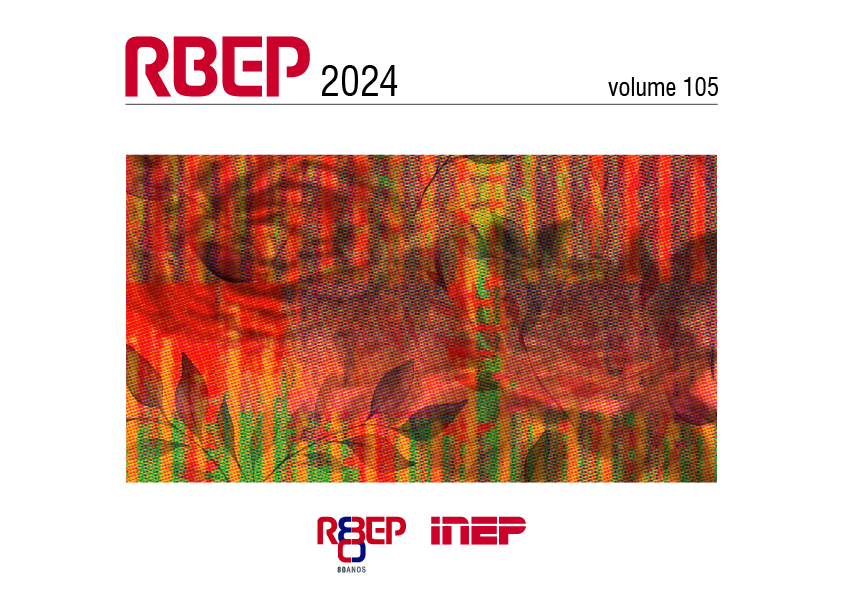Curricular policies and resistance to change: chemistry teachers in the public consultation on the Brazilian National Common Core Curriculum
Abstract
This study examines the reception of chemistry teachers towards the Brazilian National Common Core Curriculum (BNCC), employing textual statistical analysis (Reinert method) of contributions submitted during an online public consultation on the initial version of the BNCC, conducted by the Ministry of Education (MEC), between 2015 and 2016. For comparative purposes, state curricular references mentioned by the consultation participants were also analyzed, along with 15 collections of chemistry textbooks distributed by the Brazilian National Textbook Program (PNLD) in 2012, 2015, and 2018, and whose structure also substantiated the teachers’ criticisms of the BNCC. Beyond the merely legitimizing nature of public consultation, as pointed out in previous studies, the research results indicate that the negative reception of the BNCC by the teaching staff – at times interpreted as a corporatist, self-indulgent, or traditionalist “resistance to change” – was strongly shaped by several existing curricular policies, such as the PNLD and state-specific curricular documents. Called upon to express their opinions, yet without envisioning in the BNCC the capacity to address structural issues in the educational system, the consultation participants pragmatically invoked the curricular policies that most directly impacted them to express their lack of conviction regarding the necessity of curricular reform.
Downloads
Copyright (c) 2024 Brazilian Journal of Pedagogical Studies

This work is licensed under a Creative Commons Attribution 4.0 International License.
Once their work is accepted for publication, author’s copyrights are automatically relinquished to the National Institute for Educational Studies and Research Anísio Teixeira (Inep).
Since 2016, the journal Revista Brasileira de Estudos Pedagógicos (RBEP) uses the licence CC-BY.
Partial or total reproduction of the content of this Journal is permitted provided that the original publication is properly referenced, as well as a link to license CC BY 4.0 and to indicate any possible alterations made to the article.




















